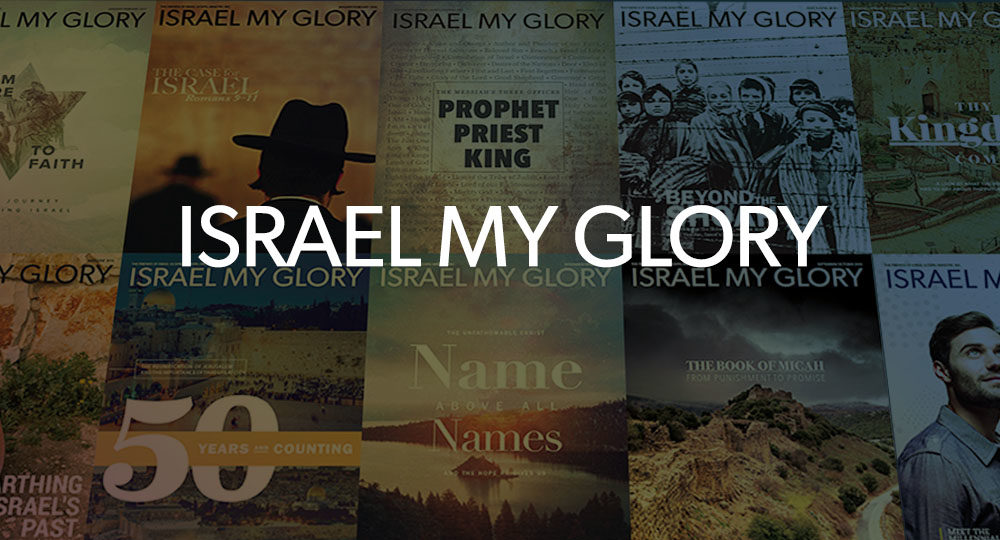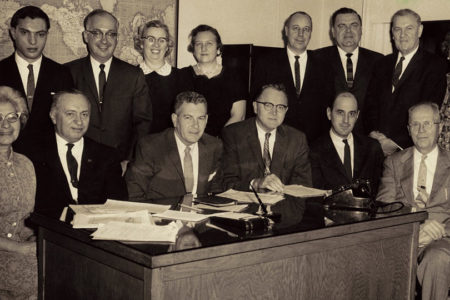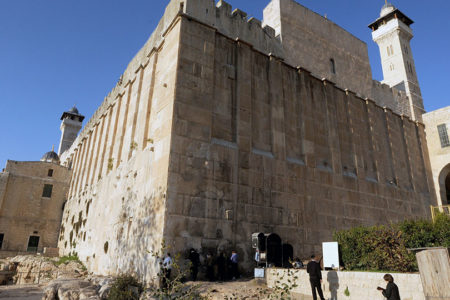Rabbi Bernstein Still Battling Freehold
If you want to hold a growth group, Bible study, prayer meeting, or weekly religious gathering of any type in your home in Freehold, New Jersey, you likely will find yourself before the zoning board with your home reclassified as a “house of worship.” And with the new designation comes a multitude of regulations and restrictions that can eventually shut down your meeting.
Rabbi Avraham Bernstein, an ultra-Orthodox rabbi who holds Sabbath services in his residence, has now appeared at three zoning board hearings on charges of running a “house of worship” without a permit. His attorneys, Gerald A. Marks of Red Bank, New Jersey, and John Whitehead, president of the Rutherford Institute in Charlottesville, Virginia, say Freehold’s zoning law is unduly broad and ambiguous and clearly interferes with Rabbi Bernstein’s First Amendment rights to freedom of speech, assembly, and religion. The case is pending in federal court.
Freehold, however, shows no signs of backing down. Although the township committee said it would not enforce the law until the case is resolved, the zoning board is holding hearings anyway.
Marks wants the ordinance repealed. “Let me tell you how dangerous it is,” he said in a recent telephone interview. “They’re using the zoning power to control religious assemblies. Unless you have what I call a secular assembly ordinance that applies to everybody, which is predicated upon health and safety standards, then what you’re really doing is targeting religious assemblies of all types. What we truly know to be structures used primarily for religious assembly and prayer have big parking lots, all sorts of fire regulations, etc. So you choke religious expression by imposing zoning and building requirements.” Marks also said Rabbi Bernstein still must pay taxes on his house. Churches and synagogues are tax-exempt.
Whitehead, also interviewed by telephone, said Freehold’s definition of house of worship is so broad and vague that it even prevents two families from meeting regularly for prayer with someone’s father heading the meeting in his own home. It is dangerous, Whitehead said, “any time the government is involved in saying what you can and can’t do in your own home.”
Freehold is not the only New Jersey town that has tried to squelch such religious gatherings. About 10 years ago, Hamilton Township in Mercer County interfered with a husband and wife who distributed flyers throughout their neighborhood, inviting people to a Bible study in their home.
Tom and Maria Freeman said they received a certified letter from the township ordering them to reply within seven days. “It was intimidation,” Maria said. The township later demanded to know what room the study would be in, how many people would attend, and so forth. The Freemans contacted the Rutherford Institute.
The Institute’s attorney handled the case and told town officials he doubted they would pursue with such vigor Boy Scout meetings and Tupperware parties. The Freemans said the township began receiving stacks of letters protesting its interference with the study and, after about a month, dropped the issue. The Freemans hold a weekly Bible study in their home to this day.
If you are interested in protesting Freehold’s actions, you may write the Zoning Board at 1 Municipal Plaza, Freehold, NJ 07728. We also recommend sending a copy to the Township Committee at the same address and to Kim Predham, Asbury Park Press, 235 Willowbrook Road, Freehold, NJ 07728.
As Tom Freeman said, “If they’re going to tell you where you can have freedom of religion, then it’s not freedom.”







